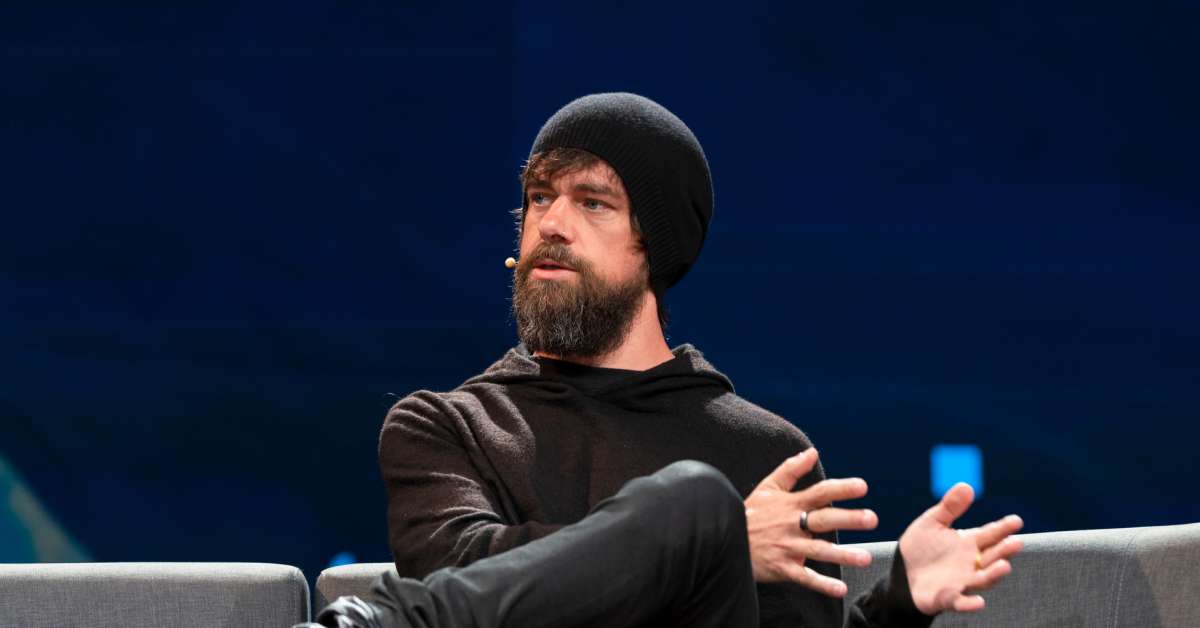WHAT WE ARE READING: Funding Bitcoin
I recently stumbled upon a fantastic report from 1A1z on "Funding Bitcoin." I was surprised to learn that Jack Dorsey funds over 60% of Bitcoin Core's development via different organizations: over $5 million annually, out of a total of only $8.4 million in funding. Wild, right? For a $1.2 trillion asset, I expected way more diverse support.
Now, you might be worried that that concentration risks him having too much sway. If he turned against Core's principles, his funding leverage could be a real concern.
But does Dorsey's power really extend to controlling Bitcoin itself? Nope, no way. Bitcoin's decentralisation means no single entity can dictate terms, not even the chief donor of the main Bitcoin implementation.
Here's the key difference: Bitcoin Core versus the Bitcoin network. Core adds useful features, but people choose what nodes to run. If Core went rogue, people would just reject its changes or use different software.
So Dorsey can't force changes to Bitcoin. His influence has hard limits, even if he decides to dictate to developers what to work on or what to push. Nodes hold the real power over Bitcoin's evolution. (You can read more about Bitcoin Core's governance here: Who Controls Bitcoin Core? by Jameson Lopp.)
Still, I think there should be more donors and organisations funding Bitcoin Core or other implementations. Many crypto companies benefit and earn millions in monthly profits, depending on Bitcoin's success, but surprisingly, they don't contribute anything. Ideally, people should also fund different implementations of Bitcoin in addition to Bitcoin Core.
Bitcoin will only thrive through decentralization. We've got to apply that ethos to funding Core, too. Dorsey's funding concentration challenges it, while spreading the donor base protects Bitcoin's antifragility.
This article is a Take. Opinions expressed are entirely the author's and do not necessarily reflect those of BTC Inc or Bitcoin Magazine.
http://dlvr.it/TFh3Fq
I recently stumbled upon a fantastic report from 1A1z on "Funding Bitcoin." I was surprised to learn that Jack Dorsey funds over 60% of Bitcoin Core's development via different organizations: over $5 million annually, out of a total of only $8.4 million in funding. Wild, right? For a $1.2 trillion asset, I expected way more diverse support.
Now, you might be worried that that concentration risks him having too much sway. If he turned against Core's principles, his funding leverage could be a real concern.
But does Dorsey's power really extend to controlling Bitcoin itself? Nope, no way. Bitcoin's decentralisation means no single entity can dictate terms, not even the chief donor of the main Bitcoin implementation.
Here's the key difference: Bitcoin Core versus the Bitcoin network. Core adds useful features, but people choose what nodes to run. If Core went rogue, people would just reject its changes or use different software.
So Dorsey can't force changes to Bitcoin. His influence has hard limits, even if he decides to dictate to developers what to work on or what to push. Nodes hold the real power over Bitcoin's evolution. (You can read more about Bitcoin Core's governance here: Who Controls Bitcoin Core? by Jameson Lopp.)
Still, I think there should be more donors and organisations funding Bitcoin Core or other implementations. Many crypto companies benefit and earn millions in monthly profits, depending on Bitcoin's success, but surprisingly, they don't contribute anything. Ideally, people should also fund different implementations of Bitcoin in addition to Bitcoin Core.
Bitcoin will only thrive through decentralization. We've got to apply that ethos to funding Core, too. Dorsey's funding concentration challenges it, while spreading the donor base protects Bitcoin's antifragility.
This article is a Take. Opinions expressed are entirely the author's and do not necessarily reflect those of BTC Inc or Bitcoin Magazine.
http://dlvr.it/TFh3Fq

Comments
Post a Comment